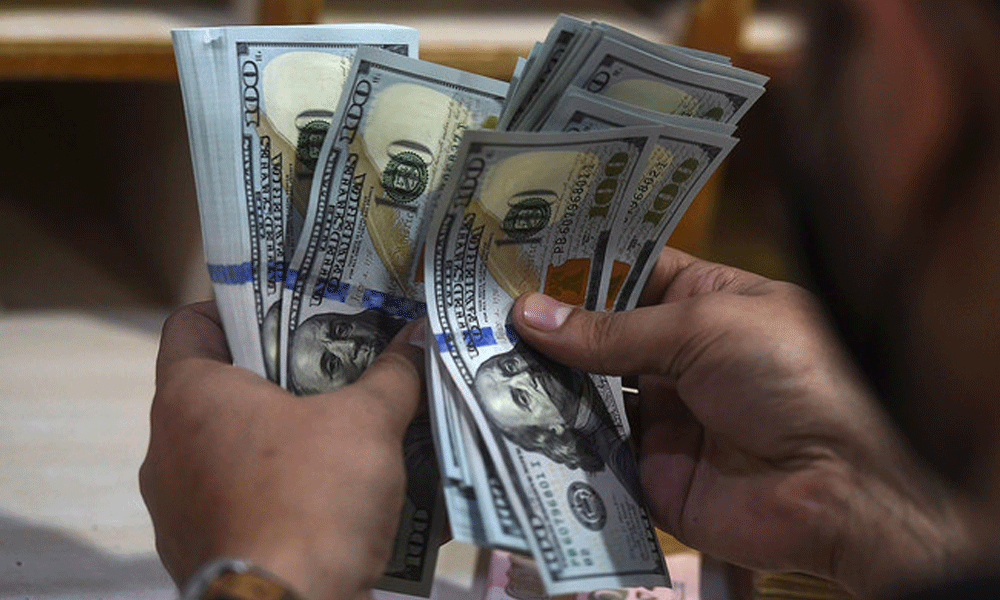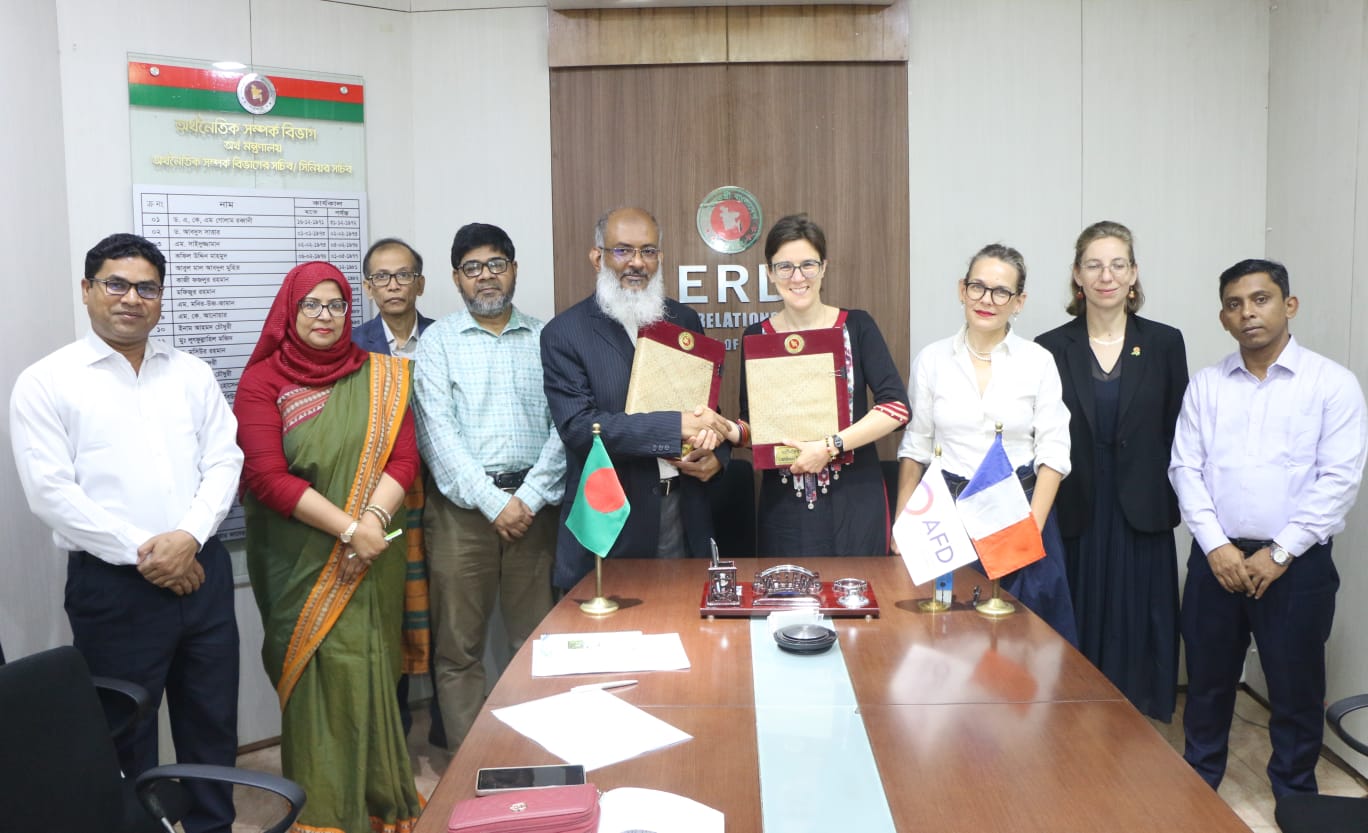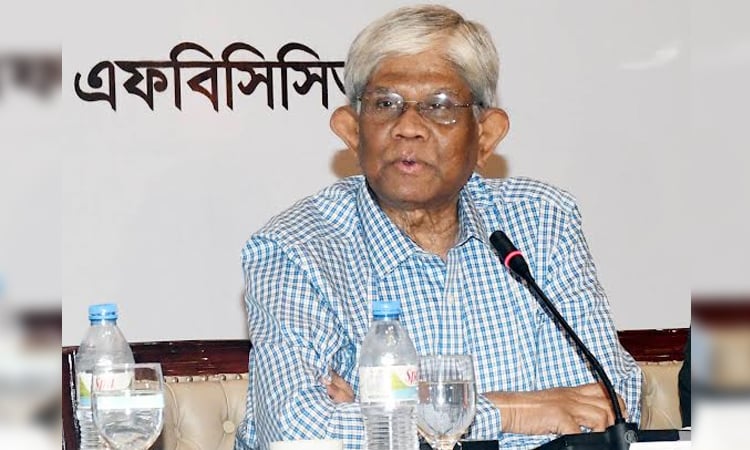
Bangladesh has sent a record number of workers to Saudi Arabia in recent years. In FY24, 5.26 lakh workers left for the Gulf kingdom, marking a steady rise from 4.52 lakh in FY23 and 6.53 lakh in FY22. Yet, despite this massive outflow, remittances from Saudi Arabia have dropped sharply. In FY21, Bangladesh received $5.72 billion in remittances from Saudi Arabia, but this number fell to $4.54 billion in FY22, $3.77 billion in FY23, and just $2.74 billion in FY24.
In contrast, the United Arab Emirates (UAE) sent $4.64 billion in remittances in FY24, nearly double the amount from Saudi Arabia, despite recruiting fewer Bangladeshi workers. This disparity has raised questions about where the money is going.
Undocumented Workers and Hundi Channels
Experts suggest that the rise in undocumented Bangladeshi workers in Saudi Arabia is a key factor behind the decline in official remittances. Many employers are reluctant to pay the high Iqama (residence permit) fees, leaving workers in legal limbo. According to the Bangladesh Association of International Recruiting Agencies (Baira), 60-70% of Bangladeshi workers in Saudi Arabia have failed to secure their Iqama over the last three years.
Without legal status, these workers are unable to send money home via formal banking channels. Instead, they rely on hundi, an informal money transfer system that keeps remittances off the books. Migrant-Rights.org, a GCC-based advocacy group, reports that the majority of workers using hundi are undocumented. Additionally, some families prefer hundi because it is often easier than navigating the banking system.
Money Laundering and Remittance Manipulation
Another possible explanation for the remittance gap comes from suspicions of money laundering. Experts have raised concerns that funds sent from Saudi Arabia to the UAE could be laundered and later re-enter Bangladesh as remittances. Professor Mustafizur Rahman from the Centre for Policy Dialogue pointed out that such activities could explain the rise in remittances from the UAE, while Saudi Arabia’s contributions have dwindled.
Bangladesh Bank Governor Ahsan H Mansur echoed similar concerns, warning that fraudulent syndicates could be manipulating remittances. He explained that some parties are buying remittances from Saudi Arabia, stockpiling them, and then selling them to Bangladeshi banks at inflated rates, destabilizing the dollar market in Bangladesh. This practice is believed to be one reason behind the rising cost of the dollar.
Rising Use of Hundi and Economic Impact
The increasing use of hundi is not just limited to undocumented workers. The ongoing dollar crisis in Bangladesh has led some businesses to turn to informal money transfer networks to secure foreign currency. Moreover, rising payments for Hajj and Umrah pilgrimages, which require foreign currency, have contributed to the higher use of hundi.
If this trend continues, experts warn that it could further strain Bangladesh’s foreign exchange reserves, making it harder for businesses to operate and for the country to import goods.
Challenges in Iqama Fees and Worker Rights
The high costs associated with Iqama renewals have exacerbated the problem. For workers in low-wage sectors like construction and agriculture, employers are required to pay an annual fee of 11,000 riyals per worker. However, many employers fail to meet this obligation, leaving workers without valid permits and forcing them to turn to informal money transfer channels.
Fazlur Rahman, a Bangladeshi worker in Riyadh, shared his experience of being unable to send money home due to his employer’s failure to renew his Iqama. “I have frequently requested my employer to renew my Iqama, but he has not taken any action,” Rahman said. As a result, he is forced to rely on informal channels to send money to his family.
The Bangladeshi government has taken steps to address this issue. Recently, the Ministry of Expatriate Welfare blacklisted 24 Saudi companies for fraudulent practices, and high-level meetings between Bangladesh and Saudi officials have been held to discuss Iqama renewal problems.
Looking Forward
While Saudi Arabia remains the largest labor market for Bangladeshi workers, the trend toward recruiting less-skilled workers is contributing to a rise in undocumented labor. Additionally, payments for Umrah pilgrimages have added to the growing use of hundi. As the issue of remittance manipulation and informal channels grows, both governments will need to take further action to ensure that remittances are sent through official, secure channels to protect Bangladesh’s economy and foreign exchange reserves.







